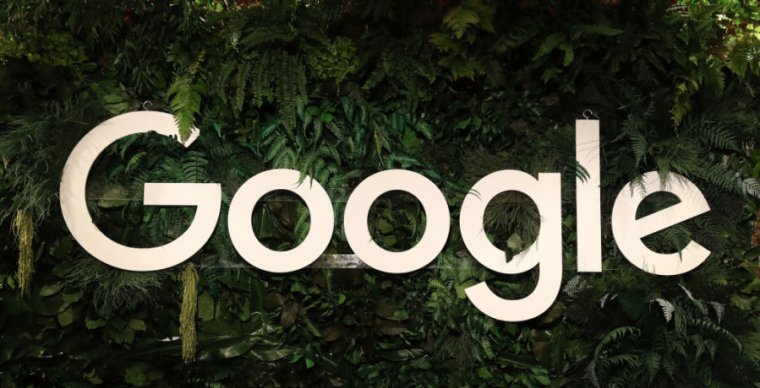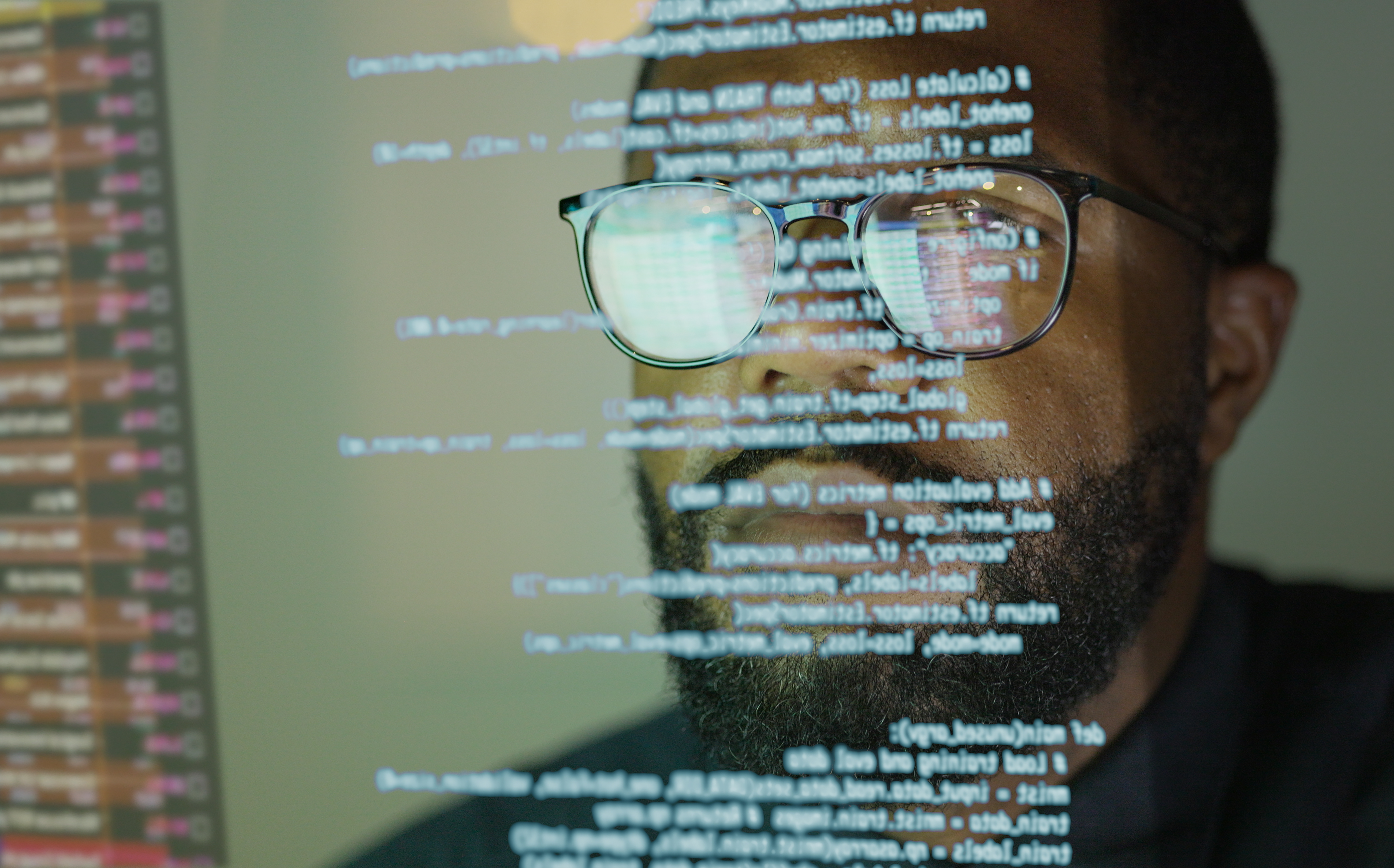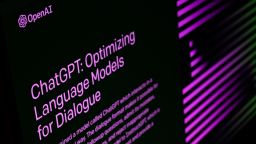
Paytm fires over 1,000 employees: 'AI delivered more than we expected it to'
Commenting on reports of layoffs at the company, a Paytm spokesperson confirmed that there has indeed been a reduction in its workforce in the operations and marketing team.
Paytm fires over 1,000 employees: 'AI delivered more than we expected it to'
Commenting on reports of layoffs at the company, a Paytm spokesperson confirmed that there has indeed been a reduction in its workforce in the operations and marketing team.

Paytm has cut at least 1,000 jobs across its operations and marketing teams. (Photo: Reuters)

Koustav Das
New Delhi,UPDATED: Dec 25, 2023 13:14 IST
One97 Communications Ltd, the parent company of digital payments firm Paytm, has fired at least 1,000 employees across multiple divisions as the firm looks to cut down on employee costs.
Commenting on reports of layoffs at the company, a Paytm spokesperson confirmed that there has indeed been a reduction in its workforce in the operations and marketing team. According to sources, Paytm started the process of layoffs as early as October.
AI replaces repetitive roles at Paytm
The spokesperson highlighted that the company is aiming to transform its operations by incorporating artificial intelligence (AI) and eliminating “repetitive tasks and roles”."We are transforming our operations with AI-powered automation to drive efficiency, eliminating repetitive tasks and roles to drive efficiency across growth and costs, resulting in a slight reduction in our workforce in operations and marketing,” a Paytm spokesperson told IndiaToday.in.

MUST READ
Migrating Malayalis give Kerala lakhs of locked houses, millions in banksThe spokesperson further highlighted that the company will be able to save 10-15 per cent on employee costs by using AI-powered automation.
“We will be able to save 10-15 per cent in employee costs as AI has delivered more than we expected it to. Additionally, we constantly evaluate cases of non-performance throughout the year,” the spokesperson added.
Hiring continues
The company also highlighted that it plans to increase manpower by 15,000 in its core payments business in the coming year. "With a dominant position in the payments platform and a proven profitable business model, we will continue to innovate for India," the company said, adding that it intends to expand business verticals like insurance and wealth.Therefore, while the company is trimming repetitive roles and non-performers, it is also hiring fresh talent to drive growth across new business segments.
The layoffs at Paytm are not an isolated incident and similar measures have been taken by several new-age companies to cut costs and optimise tasks using AI-powered technologies. It may be noted that a significant number of employees in the new-age financial companies segment have lost their jobs in the first three quarters of the ongoing year.
The lay-offs at Paytm have been reported just a few weeks after the company announced that it would be scaling back on small-ticket loans up to Rs 50,000 under its BNPL offering, Paytm Postpaid, and focus on high-ticket loans. Following the announcement, the company's shares tanked sharply by 20 per cent after multiple brokerages commented about the negative impact of the move.
















